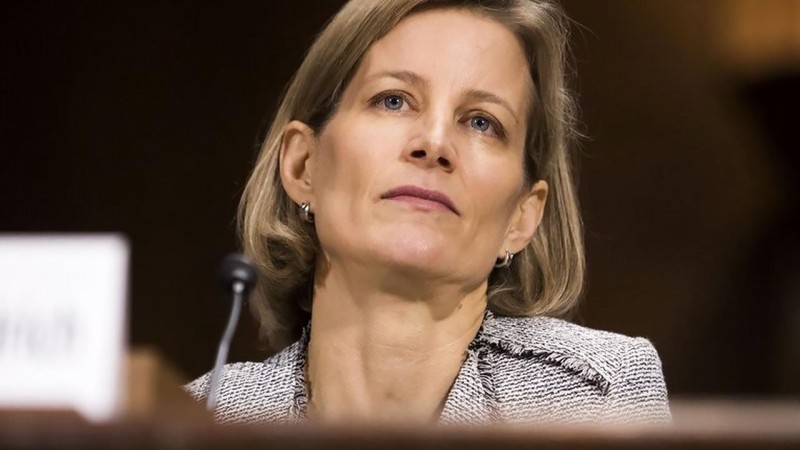The U.S. Department of Justice is moving forward with its pursuit of appealing a federal judge’s decision that struck down Florida’s expanded gaming compact with the Seminole Tribe. The agreement was thrown out and invalidated by U.S. District Judge Dabney Friedrich on November 22, thus halting sports betting in the Sunshine State.
In a filing last Wednesday with the U.S. Court of Appeals for the D.C. District, the federal government indicated it was pursuing three different lines of appeal. These involve contesting the judge’s decision to even hear the case; contesting her decision; and contesting whether she went “too far” by tossing the compact, reports Florida Politics.
A statement in the brief from Rachel Haron, attorney for the Department of Justice, shows the issues on appeal are whether the district court erred in denying the federal government’s motion to dismiss the challenges; whether the district court erred in holding the agency’s action unlawful; and whether the district court abused its discretion in selecting a remedy.
Federal district court judge in the District of Columbia Dabney Friedrich ruled in November that the compact between the state of Florida and the Seminole Tribe, which gave the tribal nation a monopoly of sports betting, violated federal Indian gaming law.
U.S. District Judge Dabney Friedrich
The ruling threw out the compact and invalidated it, halting sports betting, which launched through the Hard Rock brand on November 1, and a planned gaming expansion in Florida indefinitely. The tribe planned to transform its Broward and Hillsborough casinos to Vegas-style venues, plans which were also blocked.
Arguments now being leveraged by the federal government suggest the judge went too far in her selected “remedy,” contesting Judge Friedrich might have abused her discretion. U.S. Interior Secretary Deb Haaland first notified a federal court of the Department of Interior’s intention to appeal the decision last month.
Friedrich’s November ruling followed a legal challenge brought by two South Florida card rooms opposing the Seminole’s exclusive control over sports gaming. West Flagler Associates, owner of the Magic City Casino, and Bonita-Fort Myers Corp., owner of the Bonita Springs Poker Room, first filed a lawsuit against the deal in August last year.

The parties alleged the compact was improperly approved. Friedrich validated the claims, concluding the compact violated the federal Indian Gaming Regulatory Act (IGRA), which mandates state-sanctioned gambling to occur on tribal land.
Under the Florida-Seminoles agreement, bettors were allowed to place wagers through mobile devices anywhere within the state, as long as these were processed through computer servers on tribal property, which the compact claimed constituted betting on tribal land. However, Friedrich described this model of sports betting as “fiction,” and discarded the deal.
The 30-year gaming compact between the state and the tribe was signed in April last year by Gov. Ron DeSantis. It called for the Seminoles to pay the state at least $2.5 billion over the first five years in exchange for sole control over sports wagering in Florida, plus the option to add roulette and craps to its operations.
Original article: https://www.yogonet.com/international/news/2022/02/14/61382-us-justice-department-moves-forward-with-appeal-to-ruling-against-floridaseminoles-compact














